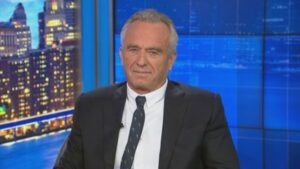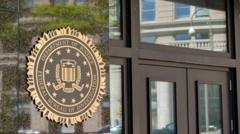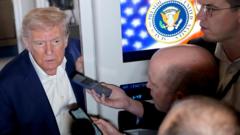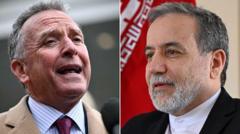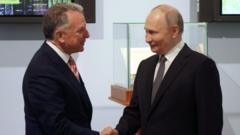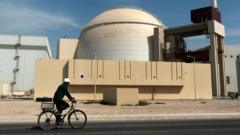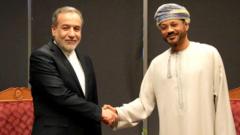In anticipation of nuclear talks with the U.S. set for Saturday, Iranian officials insist that discussions must proceed without the threat of military force, expressing concerns over Washington's sincerity and past sanctions.
Iran Sets Preconditions for Nuclear Talks with the US

Iran Sets Preconditions for Nuclear Talks with the US
Iran's Foreign Minister Abbas Araghchi indicates readiness for indirect negotiations with the United States, citing the need for assurances against military action.
Iran's Foreign Minister Abbas Araghchi has announced that Iran is prepared to engage in indirect negotiations with the United States regarding its nuclear program, contingent upon the U.S. abandoning any military threats. The talks are set to take place in Oman this Saturday, with Iran emphasizing its position that it “will never accept coercion.”
Araghchi's remarks come in response to U.S. President Donald Trump's previous assertions that the negotiations would be direct, suggesting a discrepancy between the two leaders regarding the format of the talks. Trump had previously withdrawn the U.S. from the 2015 nuclear agreement, citing insufficient measures to curb Iran's nuclear ambitions, and has warned that Iran will face “great danger” unless progress is made.
Though Iran maintains that its nuclear activities are peaceful, Araghchi acknowledged the nation has breached certain restrictions of the existing deal due to renewed economic sanctions from the U.S. and has amassed enough highly-enriched uranium for several nuclear weapons. Iran seeks to clarify its intentions to the U.S. in the forthcoming meeting, calling for credible diplomacy and a commitment to any agreements made.
The discussions are being approached as both an opportunity and a test for diplomatic relations, with Araghchi stating, "To move forward today, we first need to agree that there can be no 'military option'.” He also underscored that any agreement must respect Iran’s sovereignty and needs to involve mutual trust.
On the American side, Trump's Middle East special envoy Steve Witkoff is expected to lead the U.S. delegation. Reports suggest the U.S. will press for significant dismantling of Iran's nuclear program as well as verification measures, echoing calls from Israeli officials for a "Libyan-style" agreement to disarmament.
The negotiations are critical, coming after a long history of U.S.-Iranian tensions, and reflect the complexities surrounding international agreements on nuclear proliferation. Iran has stressed that any historical models for disarmament, such as the one adopted by Libya in 2003, would be unacceptable to them.
The global community will be closely watching the outcome, as both sides recognize the high stakes involved in these talks amid lingering skepticism about each other's intentions.

